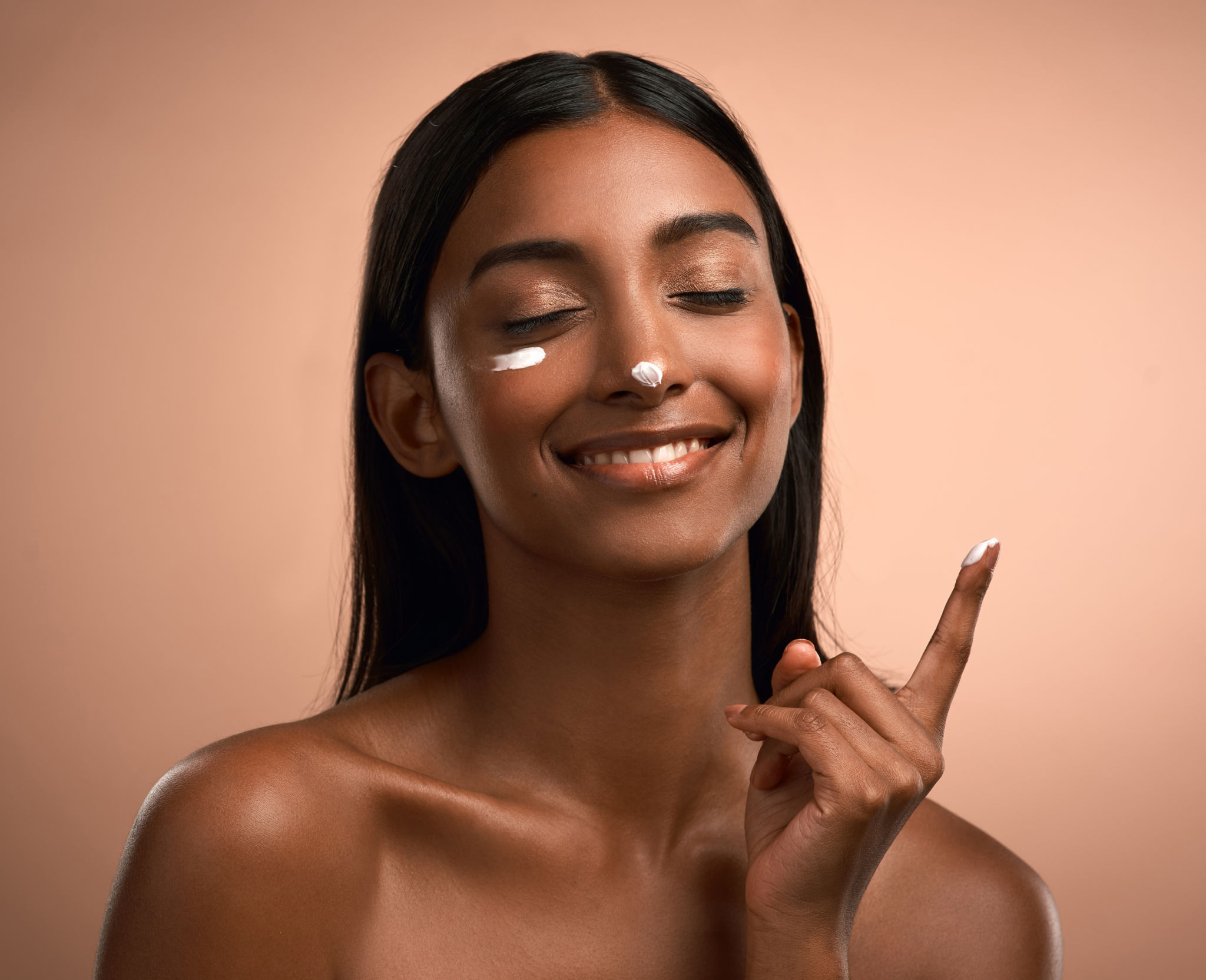5 Common Makeup Myths Debunked by a Professional MUA
Myth 1: Expensive Makeup is Always Better
One of the most persistent myths about makeup is that higher price equals higher quality. While it's true that some luxury brands offer excellent products, many drugstore brands provide similar results at a fraction of the cost. Professional makeup artists often find hidden gems in affordable ranges that perform just as well as their high-end counterparts. The key is to understand your skin type and experiment with various products to find what works best for you.

Myth 2: You Don't Need Sunscreen with Foundation
Another common misconception is that if your foundation contains SPF, you can skip sunscreen. Unfortunately, the SPF in foundation is typically not enough to provide adequate protection. Most people don't apply enough foundation to reach the SPF level indicated on the bottle. It's crucial to use a dedicated sunscreen underneath your makeup to protect your skin from harmful UV rays.

Myth 3: You Can't Wear Bold Lipstick with Dramatic Eyes
There's a longstanding belief that if you're wearing bold eye makeup, you should opt for a neutral lip color, and vice versa. However, this rule is outdated. Many makeup artists encourage playing with colors and expressions to create unique looks. Bold lips and dramatic eyes can coexist beautifully when balanced correctly. The key is to ensure the overall look is cohesive and not overwhelming.
Myth 4: Pores Can Open and Close
A common skincare myth is that pores can open or close based on different treatments or temperatures. In reality, pores do not have muscles to open or close. They can, however, appear larger or smaller based on how clean they are and the products used. Using the right cleansing and exfoliating routine can help minimize the appearance of pores, but it won't change their actual size.

Myth 5: Natural Ingredients Are Always Better for Your Skin
While natural ingredients can be beneficial, they're not inherently safer or more effective than synthetic ones. Some natural ingredients can cause allergies or irritations for certain skin types. It's important to read product labels and understand how different ingredients affect your skin. For those with sensitive skin, patch testing new products, whether natural or synthetic, is always a good practice.
Conclusion
In the world of makeup, myths abound, but knowledge is power. By understanding the truth behind these common misconceptions, you can make more informed decisions about your beauty routine. Remember, makeup is about personal expression and finding what makes you feel confident and beautiful.
